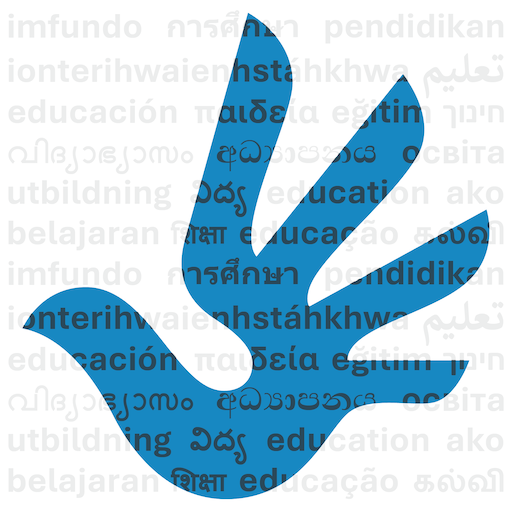International Human Rights law, from its inception, has affirmed that education shall be directed to the strengthening of respect for human rights and fundamental freedoms. As the discourse on Human Rights evolved, it has consistently reiterated this through various instruments and articulated its meaning with increasing precision and detail.
But... it has not produced the intended results in practice.1
Why? Because these aims of education were simply superimposed on existing mainstreamed practices of education - without really questioning whether those practices themselves respected Human Rights.
The system of education that is presently mainstreamed everywhere in the world is derived from a system of Compulsory Education that emerged in the 18th century, in an era where Children were seen as chattel. Although curricula, pedagogies and technology have evolved since then, from a Human Rights' perspective, nothing much has changed in education, not even with Children being recognized as the subjects of their own rights in 1989 (by the UN Convention on the Rights of the Child).
The name "Rights-Centric Education" is a call-to-action to emphasize that "it is essential to ensure that educational objectives, practices and the organization of the schools are consistent with human rights values and principles"2. While in principle this means the Human Rights of all stakeholders, the present priority3 in the RCE Network is in advocating for Child Rights; in future we hope to see also Educator's Human Rights, Rights of Persons with Disabilities, Climate Rights, etc. being addressed, as well as Rights of specific groups such as Street Children, Displaced/Refugee Children, Rights of Minority/Indigenous Children, etc.
We have seen that this idea has resonated with many people who are passionate about education around the world. That is why over 160 individuals and organizations have consented to their name being listed as a Founding Member, over 300 have signed the Declaration of Child-Rights Centric Education (launched 20th November 2024, recording) and, most recently, we inaugurated the RCE Quality Assurance System as a participatory mechanism supporting educational environments (schools, homes and others) to bring their practices into alignment with Child Rights
How you can get involved:
- Join the RCE QAS as a Participant by filling the form here. If you are not eligible, you can contribute as an Advisor
- You can sign the Declaration here as a Child, Adult or Organization. We see the declaration not only as an assertion to defend Human Rights in Education, but also as an accessible means for people to come together to support it's realization
- It would further strengthen the Network if you join as a Member - this is an obligation-free membership that allows you to contribute in any way that you are able to. You can indicate your consent to the Articles of Association by filling in this form.
- And here are more ways to support us
Footnotes:
- This is evident when reading the General Comments on the UN Convention to the Rights of the Child, such as General Comments 1 (Aims of Education), 12 (The Right to be Heard) and 17 (Right to Rest, Leisure, Play, Recreational activities, Cultural Life and the Arts)
- World Programme for Human Rights Education (First Phase 2005-2007)
- Because the RCE Network is not an organization, this simply means that Child Rights is what Members are choosing to work on. When there is a concerted effort among Members to address another area of Rights, then that too will emerge as a priority.
